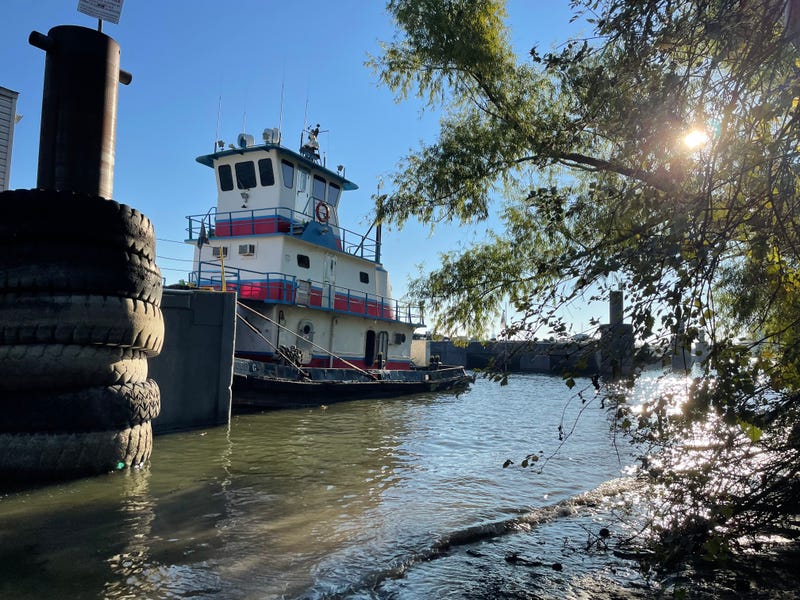What we’re seeing on the Mississippi River here in New Orleans and Southeast Louisiana isn’t necessarily reflective of what’s happening further north, where drought conditions in the Midwest have persisted for months. The U.S. Army Corps of Engineers, which is responsible for maintaining the river and the navigation on it, says extended drought conditions in the Midwest region of the country have caused water levels on the Mississippi River to fall below a previous low in 1988. Those who work on the river or monitor it remember that year as a benchmark for low levels on the Mississippi.

With about 500-million tons of goods and products moving up and down inland waterways like the Mississippi River each year, the drought and its impact on the river has kept the Army Corps of Engineers busy with multiple operations to help ensure that material continues to move. Dredging by the USACE often means hundreds and possibly thousands of barges will have to sit and wait as the Corps ensures there is a safe path for them and tow boats. The shipping industry has had to adjust. Most barges are carrying lighter loads. The time it takes for those barges to be picked up or delivered is being extended. All of it is complicating a supply chain that seemingly has grown more sensitive over the past couple of COVID related years.

What the river needs now, is rain. I visited the Mississippi to get a sense of how lower river levels are affecting a distinct way of life and what may happen if the drought continues.
